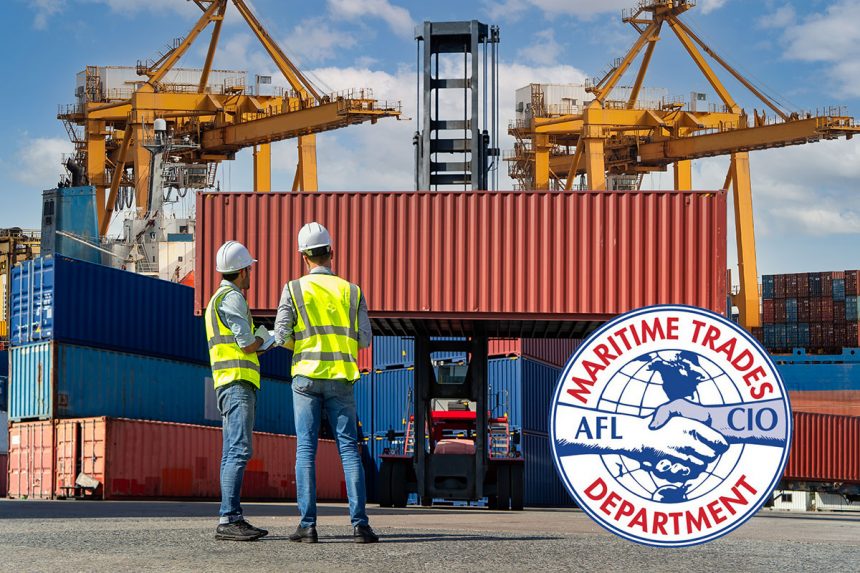The American Maritime Partnership (AMP), a coalition with 400-plus member organizations, has issued the following news release, dated March 28:
AMERICAN MARITIME PARTNERSHIP TO ADMINISTRATION: U.S. VESSELS READY, WILLING & ABLE TO TRANSPORT FUEL TO NORTHEAST
WASHINGTON – With concerns that refinery closures in the Northeast may cause gas prices to increase further, the American Maritime Partnership (AMP) today notified the Administration that American vessels have ample capacity to transport petroleum to the region from the Gulf of Mexico. AMP’s letter comes after a federal analysis omitted key data about the domestic shipping industry’s overall capacity.
“Today, there is more than adequate American tank vessel capacity to address any additional refinery closures,” the AMP Board of Directors wrote in a letter to Energy Secretary Steven Chu, Homeland Security Secretary Janet Napolitano and Transportation Secretary Ray LaHood. “A large American tank vessel fleet of modern and highly sophisticated vessels exists in this country to move petroleum products.”
The Northeastern United States faces possible changes in its petroleum markets because of potential refinery closures. There have been suggestions that the increased volume of product transported by vessels from the Gulf of Mexico to the Northeast would exceed U.S. tank vessel capacity.
The Energy Information Administration (EIA), part of the U.S. Department of Energy, released a report in February that suggested that Jones Act tank vessels might be in “short supply” in the case of refinery closures. The AMP letter said the report did not consider tank barges, including modern articulated tug barges, which are a primary means of transporting petroleum products in the United States.
“In an error of omission, the EIA’s analysis understated the American tank vessel capacity by approximately 50 percent,” the AMP letter said. “Once all American tank vessel capacity is considered, there is ample capacity to address changes in petroleum product markets as a result of Northeast refinery closures.” The letter noted that the group is working with EIA to update its information and correct its report.
AMP said the use of American vessels will not impact gasoline pump prices, noting that 90 percent of the price of gas at the pump can be attributed to the cost of crude oil and taxes. Crude oil prices alone constitute 78 percent of the price of gasoline, overwhelming other factors like transportation.
The letter said the AMP believed the market will quickly adjust to any additional refinery closures in the Northeast through: increased movement of petroleum products through the Colonial pipeline; increased imports of petroleum products into the Northeast; increased transportation of petroleum products from the Gulf to the Northeast on American vessels; and increased output from the remaining refineries in the Northeast.
A Jones Act waiver process is permitted in a national emergency situation when no American vessels are available to transport merchandise. The system provides a safety valve on a case-by-case basis in a national emergency, when no U.S. vessels are available.
American Maritime Partnership (“AMP”) is the voice of the U.S. domestic maritime industry, a pillar of our nation‘s economic, national, and homeland security. More than 40,000 American vessels built in American shipyards, crewed by American mariners, and owned by American companies, ply our waters 24/7, and this commerce sustains nearly 500,000 jobs, $29 billion in labor compensation, and more than $100 billion in annual economic output according to a study by PricewaterhouseCoopers for the Transportation Institute. So efficient are these vessels that they carry a quarter of the nation‘s cargo for only 2 percent of the national freight bill, and being American owned, built and crewed helps make America more secure.

